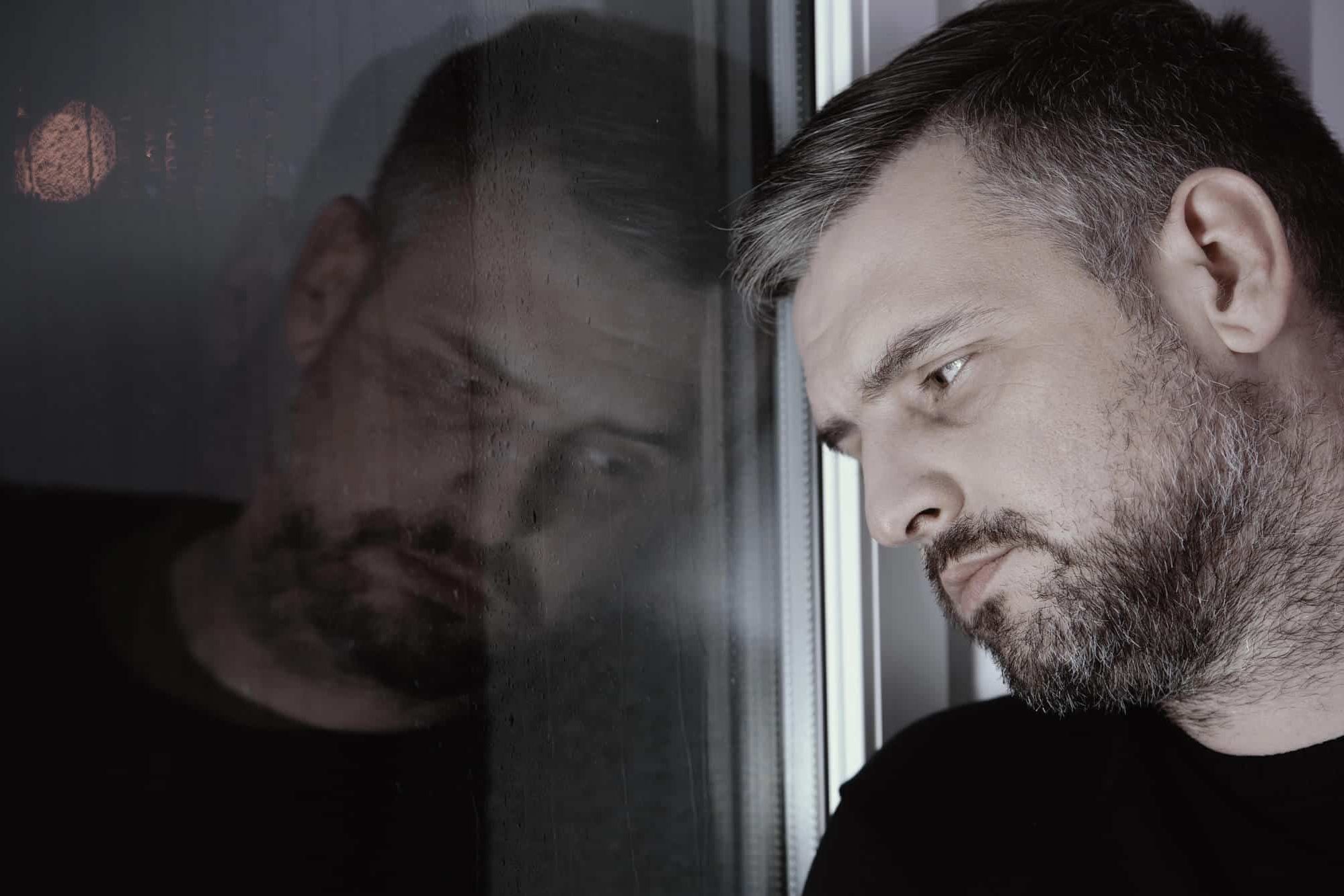Motivational Interviewing is a powerful way to help people make positive changes, and at the heart of it is the OARS method. OARS Motivational Interviewing is a communication strategy that can help a practitioner elicit change talk from the patient. If you’re wondering what does OARS stand for in Motivational Interviewing, it represents four core skills: Open questions, Affirmations, Reflective listening, and Summarizing.
Mastering the OARS method of Motivational Interviewing can significantly enhance your ability to guide and support others through their journey of change while keeping in mind the motivational interviewing stages of change. Ultimately, motivational interviewing and the Oars method aim to create a safe space where people feel understood and motivated to make positive choices. Motivational interviewing questions are often used in the OARS method. This blog will explore what Motivational Interviewing is and how OARS skills are used, along with OARS examples.
What Is Motivational Interviewing (MI)?
Motivational Interviewing (MI) is a collaborative, person-centered counseling method used to help people find the motivation to make positive changes. It focuses on exploring and resolving ambivalence, which is feeling unsure about changing a behavior. MI is based on Carl Rogers’s work and was developed by clinical psychologists William R. Miller and Stephen Rollnick, originating from the treatment of problem drinkers. The goal of motivational interviewing is to strengthen a person’s own motivation and commitment to a specific goal. It’s a guiding style where practitioners assist patients through the motivational interviewing stages of change by asking Motivational Interviewing questions and providing motivational interviewing examples. MI enhances a patient’s motivation to change.
What Can Motivational Interviewing Help Treat?
Motivational Interviewing (MI) is a versatile counseling approach effective in treating various conditions, including substance use disorders, mental health disorders, and chronic disease management. MI enhances motivation for change by exploring and resolving ambivalence. Its patient-centered approach empowers individuals to make meaningful changes in their lives.
Substance Use Disorders: MI is a cornerstone in substance abuse treatment, shown to reduce substance use among adults. It helps individuals address ambivalence about behaviors that prevent change. By exploring a person’s own reasons for and against change, MI helps them come to their own conclusions about what to do. This can lead to a stronger commitment to recovery and a decreased likelihood of relapse.
Mental Health Disorders: Motivational interviewing has numerous benefits for mental health, making it a common treatment for mental health problems and co-occurring disorders like substance abuse. MI improves outcomes for conditions like depression and anxiety. Therapists focus on enhancing a patient’s self-efficacy by recognizing their strengths and past successes. MI helps patients imagine a future without mental health struggles and realize their power to make positive changes.
How Does Motivational Interviewing Work?
Motivational Interviewing (MI) works by creating a collaborative partnership between the practitioner and the patient. The practitioner uses empathy and reflective listening to understand the patient’s perspective. By asking open-ended questions, the practitioner helps the patient explore their ambivalence about change, drawing out their own reasons and motivation for positive change. There are 4 core principles of MI.
Core Principles of Motivational Interviewing:
- Partnership: MI is a collaborative process where the practitioner is an expert in helping people change, and the patient is the expert in their own life.
- Acceptance: The practitioner is non-judgmental, empathetic, and respects the patient’s autonomy to make informed choices.
- Evocation: MI draws out the person’s own motivation, resources, and skills needed for change.
- Compassion: The practitioner promotes the patient’s welfare and well-being in a selfless manner.
What Happens During Motivational Interviewing?
During Motivational Interviewing, the practitioner guides you through a conversation to explore your readiness for change. The focus is on your own thoughts and feelings about the change, not on telling you what to do. The practitioner will ask open-ended questions, listen carefully to your responses, and reflect back what they hear to help you clarify your thoughts. Together, you’ll explore the pros and cons of making a change and identify your own motivations and goals. All of this to help you move through the motivational interviewing stages of change and meet the goal of motivational interviewing, which is to increase your likelihood of changing.
What Is OARS in Motivational Interviewing?
OARS in Motivational Interviewing (MI) is a communication strategy that represents four core skills: Open questions, Affirmations, Reflective listening, and Summarizing. OARS is a brief way to remember the basic approach used in Motivational Interviewing. These techniques are used “early and often” in MI. The OARS model is a skills-based model adapted from a patient-centered approach using motivational interviewing principles. Here are the pillars of MI:
- Open-Ended Questions: These questions invite the patient to elaborate on their experiences, thoughts, and feelings. They cannot be easily answered with a “yes/no” or short answer.
- Affirmations: Affirming shows the patient that you value them and recognize the positive aspects of their life. It involves commenting positively on an attribute.
- Reflections: Reflective listening conveys understanding and allows your patient to be heard without interruption.
- Summaries: Summarizing aids in consolidating the core points and allows for a review of the conversation.
Self-Assessment: Am I Addicted?
"*" indicates required fields
Contact Us
Ready to Get Help? Get in Touch Today.
"*" indicates required fields
What Is the Goal of OARS During Motivational Interviewing?
The goal of OARS in Motivational Interviewing is to empower patients to find the motivation within themselves to make positive changes. OARS techniques support a patient in eliciting the motivation needed to move through the stages of change. OARS skills strategically create a comfortable environment, find specific change behaviors, and elicit and reinforce the patient’s own motivation for those changes.
How Does Effective Communication Aid in Recovery?
Effective communication, particularly through OARS, allows patients to be seen and heard by the practitioner and to explore their underlying motivations. Reflective listening helps patients consider change. The OARS model establishes a safe environment and builds trusting respectful relationships. Affirmations build the person’s hope and confidence in their ability to change.
Tips for Somone Undergoing Motivational Interviewing for the First Time
Here are some tips for someone undergoing Motivational Interviewing for the first time:
- Remember that it’s a collaborative process.
- Be open to exploring your thoughts and feelings about change.
- Be honest with the practitioner.
- Remember that you are the expert in your own life.
- Think about past experiences where you successfully made a change.
- Focus on “change talk” versus “sustain talk,” with the goal to elaborate on any desire, ability, or commitment to making a shift.
Motivational Interviewing, especially when employing the OARS communication strategy, is an effective method for fostering positive change. By using open-ended questions, affirmations, reflective listening, and summaries, practitioners can support patients in exploring their motivations and strengthening their commitment to personal growth. Mastering OARS skills enhances the ability to guide individuals toward meaningful and lasting change.
Ready to take the next step in your recovery journey? Start by verifying your insurance coverage to see how your rehab costs can be covered. Contact Vogue Recovery Center today to learn more about our personalized treatment programs and experience the transformative power of MI.
Questions about treatment options?
Our admissions team is available 24/7 to listen to your story and help you get started with the next steps.
References
- Enhancing Motivation for Change in Substance Use Disorder Treatment: Updated 2019 [Internet] -NIH
- Motivational interviewing techniques: Facilitating behaviour change in the general practice setting – Research Gate
- Motivational Interviewing: An research-based Approach for Use in Medical Practice – NIH
- Motivational interviewing—an research-based, collaborative, goal-oriented communication approach in lifestyle medicine: A comprehensive review of the literature – Science Direct
- Motivational Interviewing – Psychology Today
- Integration of Motivational Interviewing and Self-Affirmation Theory into a Culturally Adapted Motivational Interview: A Case Study – SAGE
- Using motivational interviewing and brief action planning for adopting and maintaining positive health behaviors – Science Direct
- Motivational Interviewing – [StatPearls] – NIH
- What Are the Four Processes of Motivational Interviewing? -PsychCentral
Dr. Anjali Talcherkar
Latest posts by Dr. Anjali Talcherkar (see all)
- Finding the Best Rehab in Las Vegas: A Guide to Recovery Options - October 13, 2025
- How Long Does Substance Abuse Counseling Take? - June 9, 2025









